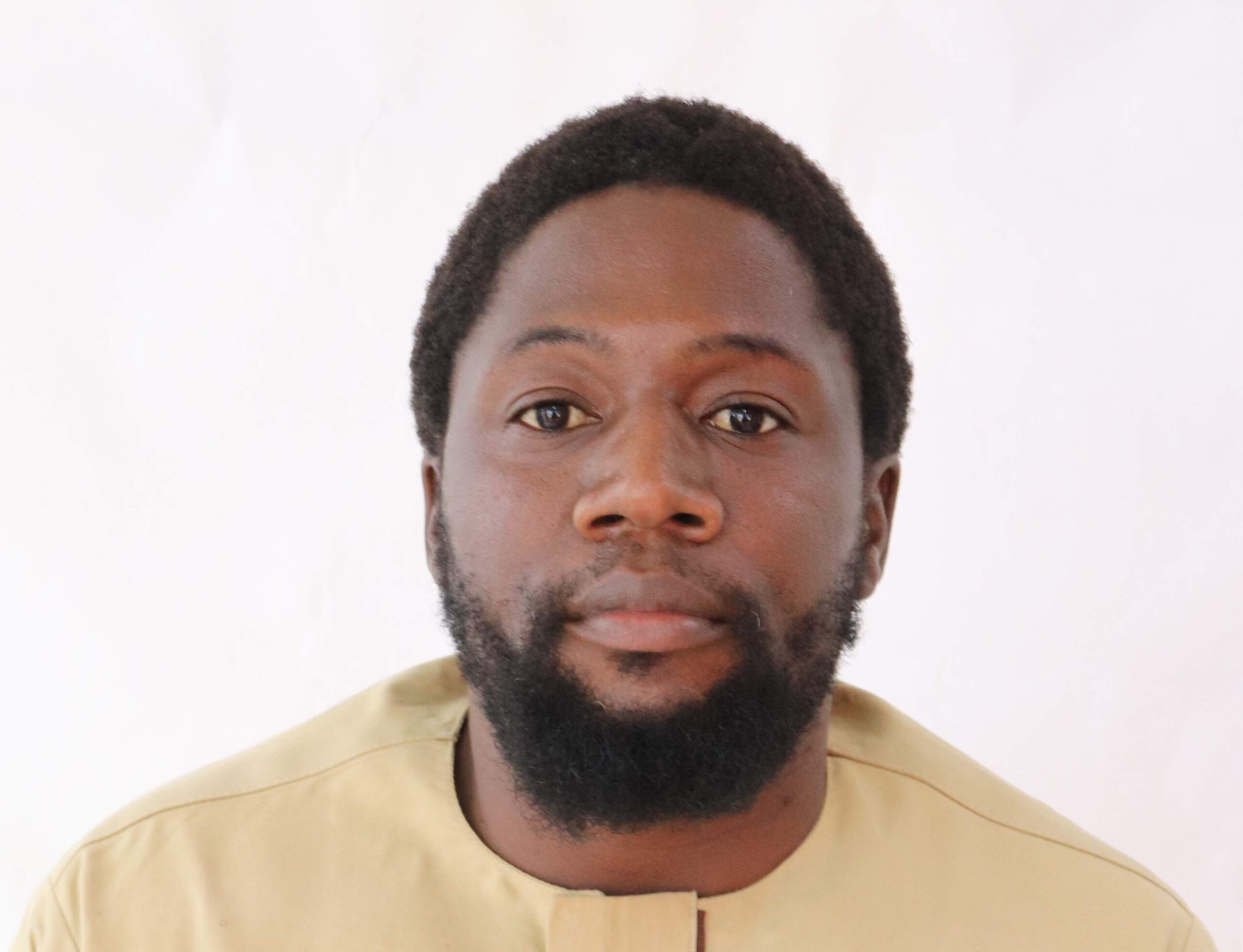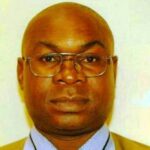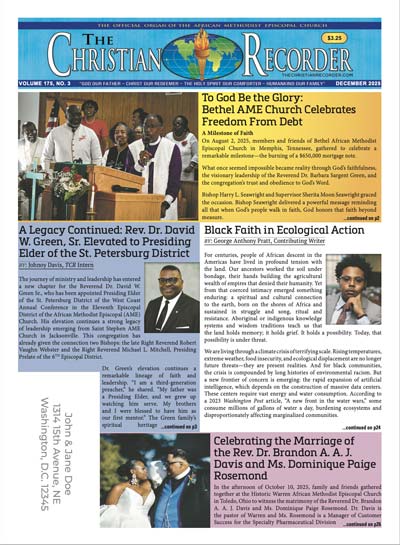By Ronald Erastus Mkandawire, 20th Episcopal District Lay Organisation President
May 26, 2024.
This date will forever be etched in the hearts of the African Methodist Episcopal Church family in Malawi. On this day, we stood in awe, reverence, and solemn gratitude as we commemorated 100 years of AME presence in this land. It was more than just an event. It was a pilgrimage of the soul—a collective remembrance of our journey through trials, triumphs, and transformation.
For those of us who had the honor of witnessing this once-in-a-lifetime celebration, our hearts swelled with mixed emotions. There was joy—pure, sacred joy—because we were living out a dream our spiritual ancestors only prayed for under trees, in huts, and in makeshift sanctuaries. We stood where they once stood, but under brighter skies, surrounded by thousands, with choirs in harmony and banners of hope flying high, graced by our Guest of Honor, His Excellency Rev. Dr. Lazarus McCarthy Chakwera, President of the Republic of Malawi.
Yet, beneath the joy lay a deep and undeniable sadness.
The sadness was not born out of ingratitude, but from an honest reckoning—a reflection that in 100 years, perhaps we have not grown to the stature that this milestone demands.
As I sat in the crowd, memories flooded my mind, taking me back to the pivotal year of 2004. That was the year the 20th Episcopal District was formed, after the General Conference accepted the redistricting proposal to create a new District by bringing together Malawi, Zimbabwe, Uganda, and parts of Mozambique and Tanzania. After 123 long years of AME Church presence in Africa, we birthed a new district and Bishop Jacobus Messiah, an African Bishop to lead it, for a single term he did. This was not a mere administrative change—it was a spiritual breakthrough. It was the fruit of labor from mighty men and women of vision, those who established the African Jurisdictional Council (AJC), a body that would later become the Global Development Council (GDC). These were dreamers who dared to believe Africa could lead itself.
And yet, 20 years later, we ask—what have we done with that gift?
During the preparations for the centenary celebration, I served on a committee tasked with assembling a historical record of the AME Church in Malawi since 1924. What we found was sobering. We discovered that in all this time, we have no single, central archive where our church’s story is kept. No official documentation preserved in a protected space. Our centenary history had to be stitched together from fading memories, scattered documents, and the few voices still around to tell the tale.
After a century, we still do not have:
- A fully functioning Episcopal Office to serve as the brain and heartbeat of our mission.
- Institutions of higher learning to nurture and educate future generations of AME leaders.Like what our friends such as the United Methodist Church have done by setting up African University in Zimbabwe.
- An Episcopal Residence to house our Bishop with dignity and permanence.
In the 20 years of the 20th Episcopal District, I have personally watched, with pain, as our Bishops try to balance the demanding call to grow the church while bearing the burden of paying for temporary lodging and hiring vehicles when they visit the district to conduct Annual Conferences. This lack of foundational infrastructure hinders the very growth we long for. It speaks to a deeper problem—the absence of consistent leadership presence, which has left parts of our District feeling disconnected and undernourished spiritually.
And yet, we are a youthful continent. Africa is young, vibrant, and full of potential. Our churches are filled with young people who dance, preach, organize, and lead with passion. But where shall they turn for inspiration if the church fails to give them roots as deep as our theology and history?
The cry I heard from many young people on that centenary day was clear:
“In the next 100 years, we must build a better church than what we have today.”
It was not a cry of rebellion—it was a plea for purpose. A call to action. A hope that we, the current torchbearers, will lay a stronger foundation than we inherited.
To the living visionaries who once fought tirelessly for the birth of the 20th. Episcopal District—for those who championed the AJC agenda—my question is heartfelt and sincere:
Are you satisfied with what we have become, twenty years on?
Have we honored your labor? Have we advanced your vision?
This reflection is not written in criticism, but in love. In gratitude. And in resolve.
We have come from afar. But we must go further still.
On May 26, this year, we mark one year into our second century. A genesis. A time to rewrite our story. A moment to awaken a new chapter—a chapter of bold decisions, sustained investment, and rooted leadership. A century where the AME Church in the 20th Episcopal District and across the GDC districts does not merely exist—but thrives, leads, educates, heals, and transforms communities.
God has been faithful. Our fathers paved the way.
Now, it is our time.







I personally agree and congratulate mr president
Just to comment on the matter, is a question,
Why is it that for so long we have a Bishop from America which costs the 20th episcopal district to hire those expensive vehicles and lodgings???
Is it that we don’t have capable persons in the 20th episcopal district to serve as Bishops?????
As the 20th Episcopal District we have assets that we can leverage and develop ourselves. The question is “are we willing to put the church ahead of personal gratification?” Moses held a rod in his hand, it parted the red sea, what can you do with what is in your hand 20th Episcopal District?
Beautiful piece.
I can’t agree more to the truth and revelations in this write up.
The future lies entirely in our hands. As GDC let us discuss how we can build the Episcopal office buildings and Bishop’s residence. This thing of meeting a Bishop once in a year does not help us much.
I totally agree with our president. Where are we and where are we going. Can we use decentralization as an answer?
Well articulated mr president.